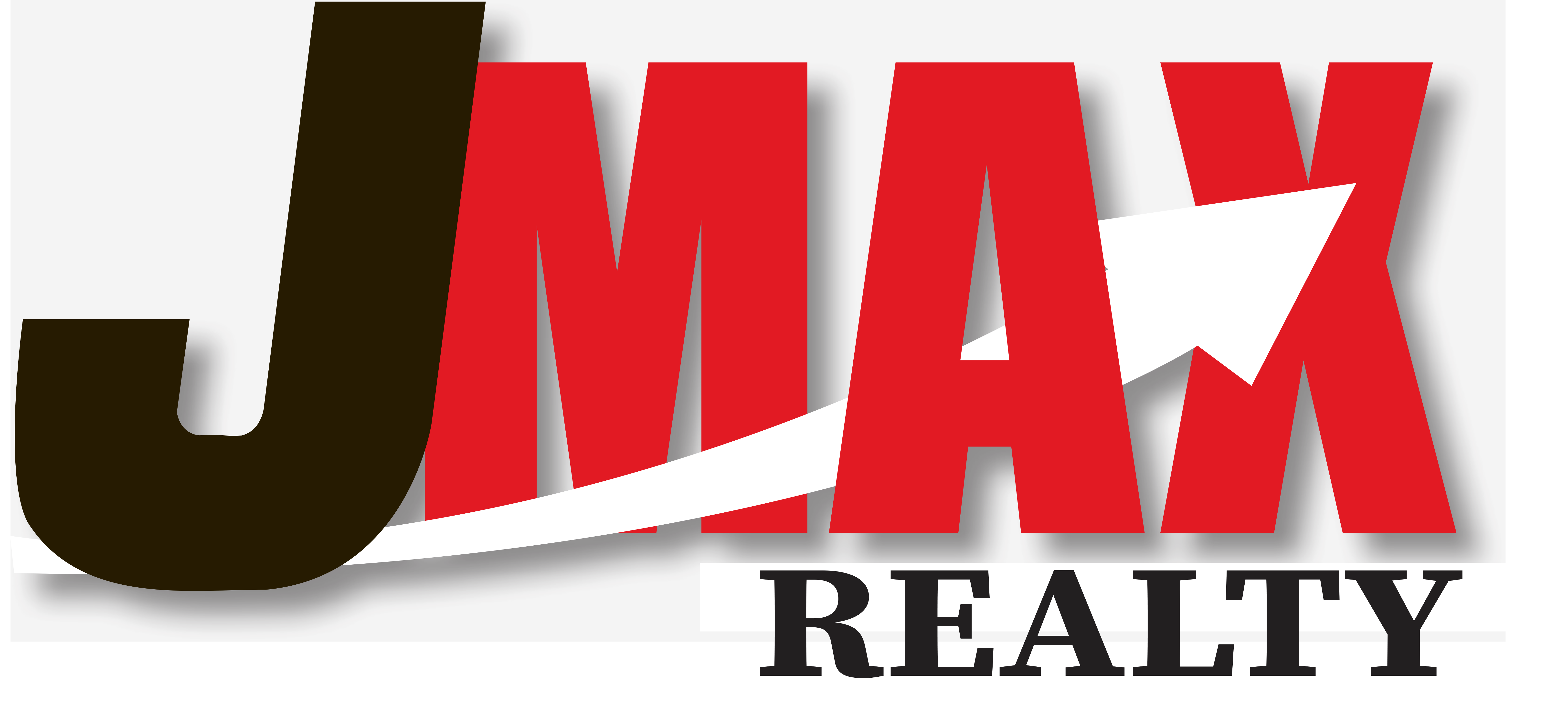SELLERS
Whether working with an experienced real estate professional or selling your home yourself, be prepared! It can be accomplished by yourself but there is a lot to be done. If you don’t have the time and energy a real estate professional may be the best option for you.
Whether you choose to use a real estate agent or not, you still need to do your homework! The following is a checklist to help walk you through the process:
Know Your Property
If you are not already, become familiar with such facts about your property as property taxes, zoning, lot size, square footage, etc. Look at the terms of your existing loan.
Research the Current Market and Property Laws in Your Area
How much are properties similar to yours selling for? What are the terms of the sales? What property disclosure laws do you need to take into consideration? Your real estate professionals research and guidance will you achieve the market strategy for your goals.
Set the Price
Once you know the specifics about your home and have checked out what similar properties in your area are selling for, set a realistic market price.
Perform a “Walk-through” of Your Property
Look at it from the perspective of both the prospective buyer and the inspector. Take notes on all items that need to be repaired or replaced. Things to consider include:
Outside
- Does it need a new coat of paint (either because the old paint is obviously cracked or faded, or because of an uncommon choice in color that might turn off prospective buyers)
- If a house with a yard, is the lawn and landscaping attractive and well-kept?
- If it is a condo or townhouse, you can’t do much about the building, but is the front door (and balcony, if there is one) appealing?
- Are the windows and doors attractive and in good condition?
- Is the roof in good condition?
- Is the grass nicely cut, are the hedges trimmed, are the leaves swept up? Are all toys put away such as bikes, scooters, etc.?
Inside
- Are the interior paints and finishes in good condition (recently updated), or do they need to be freshened up? This is one area with the best ratio of low expense to most desired. For a minimal investment, you could possibly make or break a sale by having your home look well-kept and inviting.
- Are the appliances in good working order and of recent vintage?
- Are the plumbing and electrical systems in good condition? Are they fully functional?
- Are the carpets or other floor coverings clean and in good condition? Like the paint, are they attractive and well-kept? Floor coverings are worth paying for so that your home makes a good impression.
- Are the sealants (sink, shower, tub, windows) in good condition?
- Are all light fixtures working properly, and is there good lighting in each room so that prospective buyers won’t think you’re hiding something?
Know Your Neighborhood
Most prospective buyers will want to know about the local schools, shopping, parks, transportation, etc. Be prepared to share with your experiences with your real estate professional so you can help answer potential buyer questions.
Establish a Marketing Plan
Now that you know what advertising will cost, create a plan on how to best (within your budget) reach prospective buyers, both local and out-of-town. Since many people do relocate from a distance, be sure to include Internet advertising in your plan. If your town is large enough, the “local” newspaper might have a national edition that you want to place your ad in, at least periodically.
Set Up a Schedule of Open Houses
Work with your agent to set up a schedule that focuses on selling your house. While most are held on weekends, this may not be convenient for all potential buyers. Make sure you coordinate with service companies (landscapers, pool service) to know which days are best to present your home.
Once You Have an Offer, It’s Time to Negotiate
Leave emotions behind when you enter negotiations. You never want to get angry or give away the fact that you’re overly eager. It is necessary to review the contract carefully to determine when these forms/documents are due and what the buyer’s rights are once they receive the document. The form and content of many of these documents are prescribed by state or federal law and must be adhered to in their entirety. Your real estate professional will be a guide in helping you decide if the deal is right.
Find and Make Arrangements for Your New Home
Unless you have already built or bought a new residence, you’ll need to be the “buyer” for a new property. If possible, schedule both transactions to close at the same time, or else close your purchase shortly before closing your sale. You need to be moved out before the new owners take possession. Your real estate professional will manage this process to your benefit.
Looking to Sell Your Home?
All this may seem overwhelming, that is why having a professional representing your interests and keeping track of details is recommended to help you achieve your current vision of lifestyle. Please email or call us to discuss any of these details.
